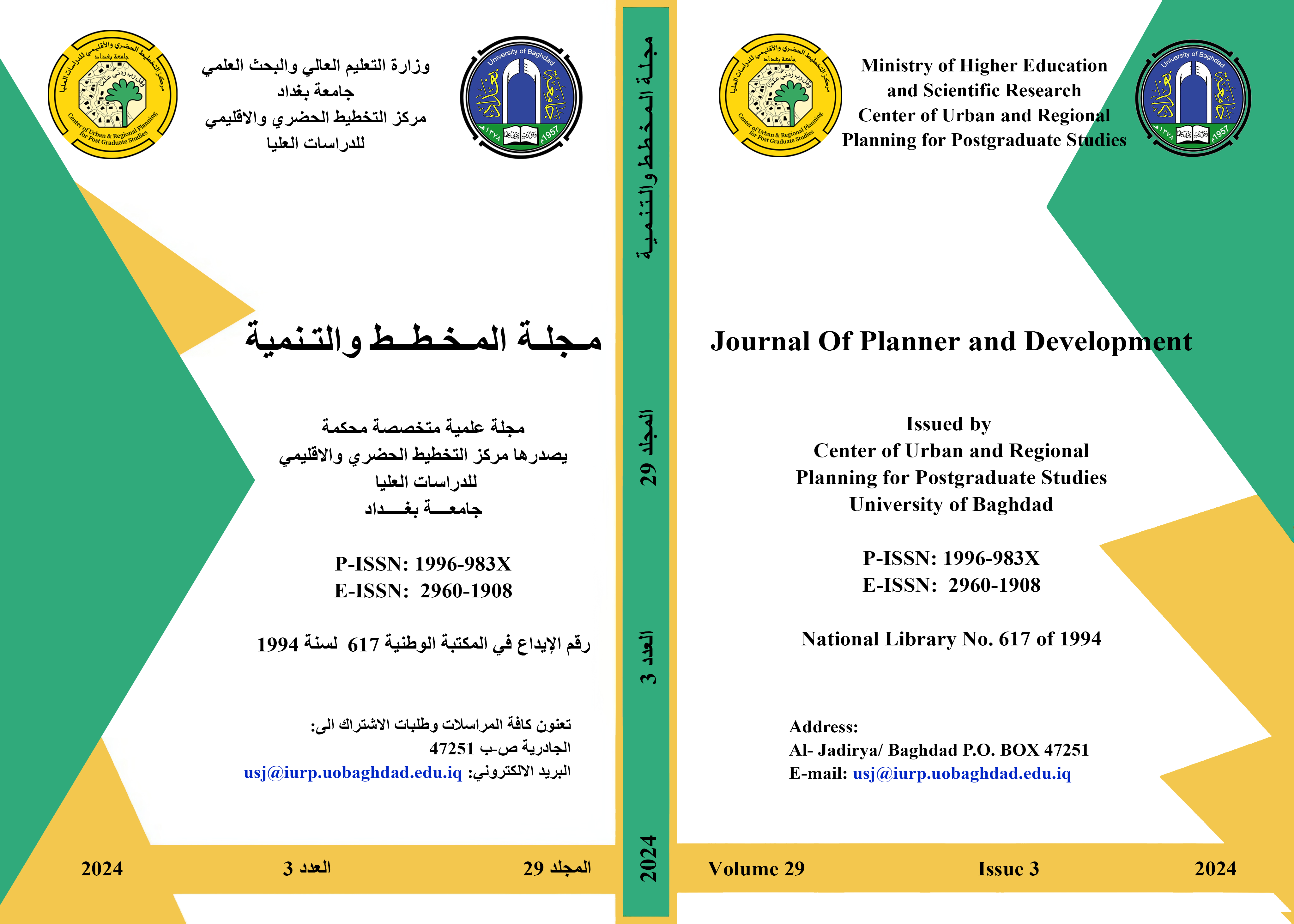Competitiveness Determinants of Rural Tourism: A Case of Amedy Region, Kurdistan Region of Iraq
Keywords:
Rural tourism, Destination competitiveness, Destination attractions, Destination ManagementAbstract
Rural tourism has recently acquired considerable significance for several emerging nations. Rural tourism is seen as a significant contributor to economic growth. The rural areas of the Amedy region are experiencing a notable rise in visitor numbers; hence, any oversight or inadequacy in the systematic development of its resources may deplete its tourism potential. This study evaluates the competitiveness of rural tourism destinations in the Amedy district, since destination competitiveness underpins the plan, development, and sustainability of tourism destinations.
For this purpose, a questionnaire with 61questions was used to assess the impact of destination management and destination attractions on destination competitiveness, focusing on the supply-side perspective. A purposive sampling strategy was employed to select a subset of 284 private sector suppliers in the travel and tourism industry, the Generalized Linear Model was used to analyze the gathered data.
The research findings indicate that destination attractions have a positive and significant impact on destination competitiveness. Furthermore, destination management exerts a significant and moderate impact, both directly and indirectly by influencing the attractiveness of the area. Ultimately, the competitiveness of a destination is determined by the existence of captivating attractions, and its long-term viability is governed by efficient destination management.
The study advocates for the preservation and enhancement of natural and cultural resources to promote agro - eco tourism. Furthermore, the study advocates for the development of an integrated plan involving all stakeholders to effectively manage and sustain the destination.



